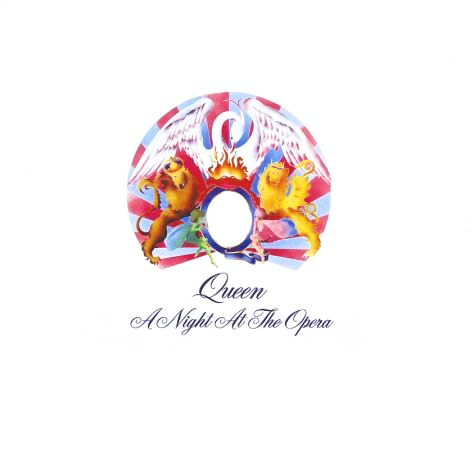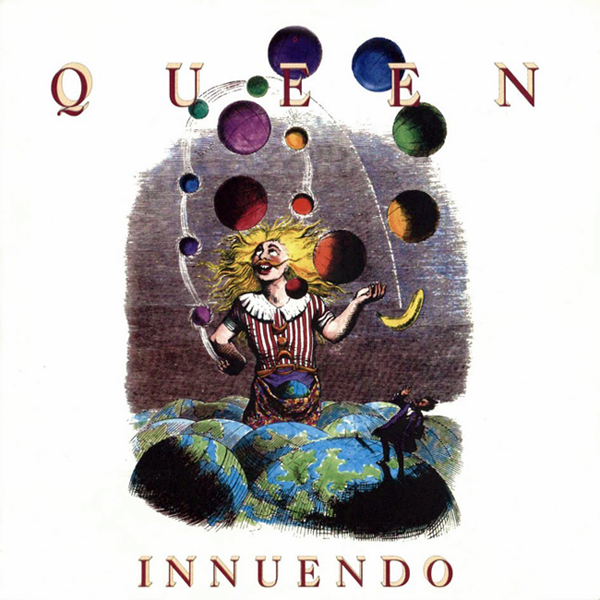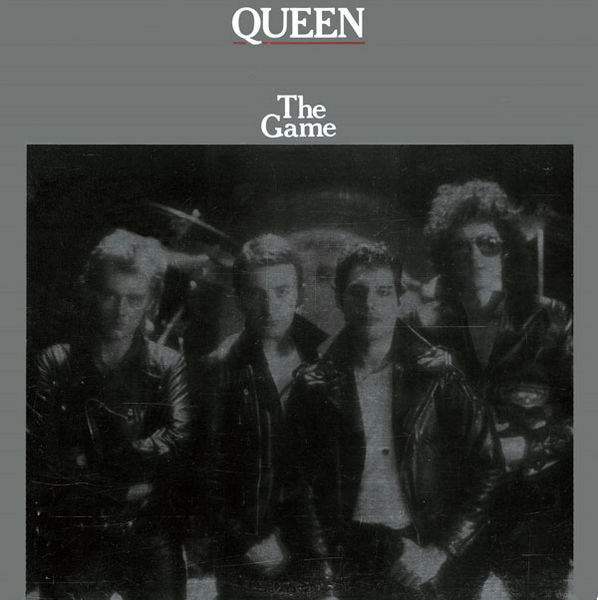01-24-1976 – A Night At The Opera – Winnipeg Free Press
Queen, an increasingly popular British quartet which has displayed a wealth of playing and composing talent on its previous three albums, continues to hone and refine its craft on its latest effort, the aptly titled A Night At The Opera.
There are few instruments capable of matching the potentialities of the human voice, as the band has demonstrated to great advanlage on many occasions in the past. A Night At The Opera marks a conscious attempt of the part of the group to increase its following in North America by way of a more commercially-oriented, almost-poppish musical approach which accentuates all four band member’s impressive vocal abilities more pronouncedly than its fiery instrumental work.
Don’t get the idea that A Night At The Opera constitutes Queen’s attempt at light opera. There’s still plenty of the familiar firepower which fans have come to expect from the group, although the over-all emphasis is on the quieter, more subdued side of the group’s diverse musical framework? Aided by Roy Thomas Baker’s always superb production work (he should also be behind the controls for Be- Bop Deluxe’s forthcoming Sunburst Finish LP after doing such a magnificent job on Futurama, lead singer extraordinaire Freddie Mercury — along with guitar whiz Brian May, drummer Roger Taylor and bassist John Deacon — serve up a number of exquisite vocal passages.
The group’s tremendous singing is especially evident on a totally acapella section of The Prophet’s Song and a lovely acoustic ballad entitled ’39. Although the boys display a few excessive tendencies in this area (there are a couple of spots on the record where I find myself echoing the group’s plea of “Ooh, give me a good guitar” from its Sheer Heart Attack set), there’s no denying that Queen definitely has set its sights on becoming a lot more than just another flashy, English, hard-rock band.
The album also reflects the group’s continuing fascination with whimsical 1920’s and ’30’s influenced tunes like the catchy Seaside Rendezvous. Although A Night At The Opera lacks some of the initial impact of the group’s earlier work, it more than compensates for that with a more well-rounded, consistently listenable set which should definitely serve to broaden the group’s appeal.
Combined with the group’s exceptional songwriting abilities (save for a brief rendition of God Save The Queen which closes out side two, all 11 tracks are group originals) which blend clever, often poignant lyrics with attractively-arranged melodies, Queen has an enviable arsenal of musical weapons at its disposal.
After conquering ils native England (A Night At The Opera shot to the No. 1 slot on the British album charts within weeks of its release, and all three of the group’s previous efforts currently occupy positions in the Top 50), Queen appears ready to make its mark in North America, The group’s potential is practically limitless, indicating that Queen is destined to finally take its place among the small handful of truly major acts working in rock today.



